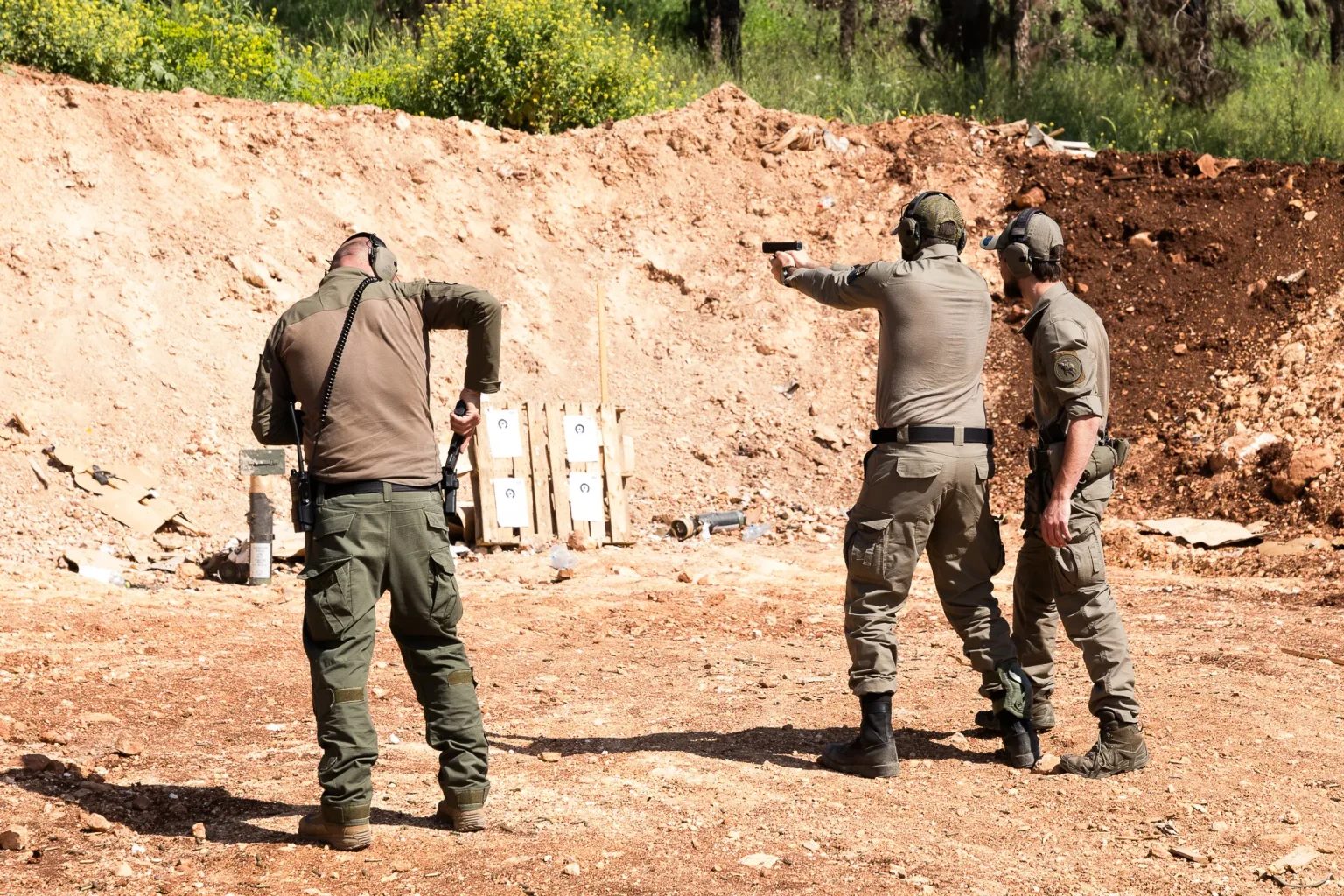The article explores the impact of the Oct. 7 Hamas terrorist attack on Israeli communities on firearm ownership in the country. The attack left over 1,200 dead and shattered the sense of security many Israelis had relied upon. In the aftermath, many Israelis, including individuals who had never considered obtaining a firearm license before, began to see personal firearms as a necessary safeguard in a new and more dangerous reality. The strict licensing process deterred potential gun owners in the past, but after the attack, over 260,000 new gun license applications were submitted, with more than 100,000 licenses already approved.
Individuals like Ayala Mirkin from Shiloh and Oren Gozlan near the Palestinian city of Tulkarem felt the need to arm themselves for protection, even though they were initially hesitant. The fear of being vulnerable in the face of terrorist attacks outweighed their concerns about firearm ownership. Many newly armed Israelis emphasize that their focus is on protection and preserving lives, rather than using guns for killing. However, concerns have been raised about the potential for impulsive actions and tragic mistakes due to the proliferation of firearms among untrained individuals.
The psychological toll of this shift is evident among those who have obtained gun licenses. Some report feeling pressure from friends or societal expectations to arm themselves, even if they never wanted to carry a gun. The rapid increase in firearm ownership in Israel has exposed deep flaws in the system, with critics warning of potential unintended consequences such as accidental shootings and a rise in domestic violence. Despite these concerns, many view the reform as a necessary response to an existential threat and a way to adapt to the new reality post-Oct. 7.
While the process of obtaining a gun license has been made easier in Israel following the attack, individuals like Erga Froman stress the importance of responsibility and adherence to strict regulations regarding firearm ownership. Froman highlights that firearms in Israel are seen as tools for countering terrorism, not for personal self-defense, and that the regulations are clear regarding when a gun can be drawn. Many gun owners emphasize that their weapons are for defending against those who want to harm them and for national security situations, not for general self-defense or as hobbies.
As Israel grapples with this new reality of increased firearm ownership, the societal implications remain uncertain. The delicate balance between protection and responsibility is highlighted as individuals like Oren Gozlan express hope that they will never have to use their guns while acknowledging the changed security landscape after Oct. 7. The widespread shift towards arming oneself for protection in the wake of the attack reflects the ongoing trauma and sense of vulnerability experienced by many Israelis.


